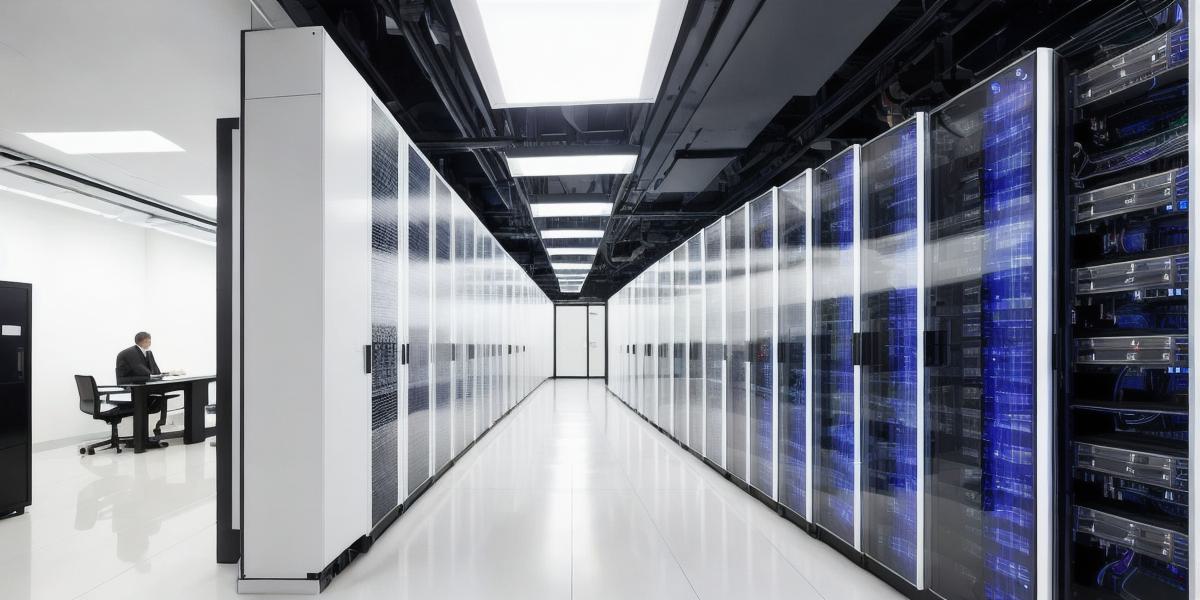A data room is a secure virtual or physical space where organizations store and share sensitive information with interested parties, such as investors, buyers, or regulatory bodies, during mergers and acquisitions (M&A) transactions or fundraising processes.
Why Use a Data Room?
Data rooms ensure that the exchange of confidential data is managed in a controlled environment, minimizing potential risks. They provide a centralized location for due diligence materials, streamline communication, and maintain version control of shared documents.
Key Features of a Data Room
- Secure Access: Users are granted access only after undergoing authentication processes, ensuring that sensitive information remains protected from unauthorized parties.
- Version Control: Data rooms provide the capability to manage different versions of documents, ensuring that all parties have access to the most up-to-date and accurate information.
- Q&A Sessions: Data rooms offer interactive platforms where users can ask questions about specific data points or documents, enhancing transparency and understanding during the due diligence process.
- Automated Workflows: Data rooms can automate various tasks, such as document uploads, user access permissions, and notifications, streamlining administrative work and increasing efficiency.

- Compliance: Data rooms adhere to various data protection regulations and industry-specific standards, ensuring that sensitive information is handled securely and in accordance with best practices.
Example of Using a Data Room
Consider a private equity firm looking to acquire a target company. The firm sets up a data room on a reputable platform and invites the target company and potential investors to access it. The data room contains detailed financial statements, legal documents, marketing materials, and other relevant information. Users can download documents, ask questions, and even view real-time analytics to monitor activity within the data room.
Benefits of Using a Data Room
- Efficiency: By centralizing the exchange of information in a secure data room, due diligence processes become more streamlined and efficient, saving time and resources for all parties involved.
- Security: A data room offers robust security features to protect sensitive information from unauthorized access or leaks, ensuring that the transaction remains confidential throughout the process.
- Transparency: Data rooms enable transparency by allowing users to review documents at their own pace, ask questions, and receive answers in a structured environment, fostering trust and confidence during negotiations.
In conclusion, a data room is an essential tool for organizations undergoing M&A transactions or fundraising processes. It provides a secure and efficient platform for exchanging sensitive information with interested parties, streamlines communication, and maintains version control of shared documents. By using a data room, organizations can ensure that the due diligence process runs smoothly while minimizing risks and maintaining confidentiality.
